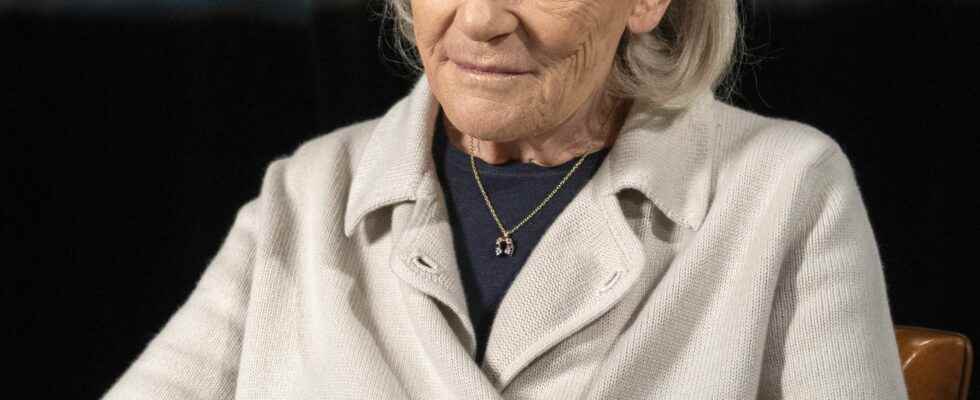Geneviève Delaisi de Parseval has two strings to her bow. To psychoanalysis, which is her job, she adds a training as an anthropologist acquired from the greatest. The two together allow him a valuable double perspective on everything related to the stages of life. Result: she sees problems that we ignore, both in societies and in the unconscious. She is also one of those who detect unknown riches at different ages of life. Seeing human beings in their complexity is a source of progress in understanding their needs and desires, and therefore their well-being. This is true for the baby as for the old.
In 1980, Geneviève Delaisi de Parseval published with the anthropologist Suzanne Lallemand a book that caused a lot of noise: The art of accommodating babies. It was aimed at mothers subjected to the practical, sometimes contradictory, advice of early childhood specialists. Knowledge of early childhood was still stammering. “We had to remember, she said, the old day care centers for babies as desolate as the current retirement homes.” Under the impetus of high-flying specialists, France has made an intellectual volte-face that the whole world of early childhood envied us, then copied. Nurseries have become extraordinary places for living and socializing. We have even discovered the importance of interactions between babies. And Geneviève Delaisi de Parseval insists on the parallel between the psychodynamics of early childhood and that of the study of aging. There is no doubt that it is the evolution of the condition of the baby which gave him to think that of old age: the mistreatment for these two ages of life, the absence of interest for their well-being, and today today for the elders in our regions. Rightly, the author declares France gerontophobic – unlike the Nordic countries – because she knows little about the elderly, their faculties and their needs. Few works on the subject; “everything happens as if old age were a continent populated by individuals exiled from themselves, a preamble to death”. Generally speaking, Western civilization has eyes only for youth who embody the future and hope. In their fifties, many are already deemed useless…
Looking at old age in a more empathetic light
Old age remains the dark continent of our society, including for psychoanalysis, even if, according to Geneviève Delaisi de Parseval, the first signs of a new vision of the third age are emerging. She is not unaware of the decrepitude of bodies, the narcissistic wounds – the cruel moment when one no longer recognizes oneself in one’s mirror -, the illnesses, the loss of memory and the bereavements experienced by the elderly, but she does not hesitate to affirm that old age is far from being a shipwreck. The psychoanalyst gives interesting keys to not aging too badly: staying connected to the identity of one’s youth, what she calls “the cohabitation of a young nucleus in an old body”, the secret of a sufficiently good old age . In other words: to transform oneself while remaining oneself, and to do this, one must continue to love oneself, which supposes any young person a sure and strong attachment with a parent or possibly another adult. In her practice, the author was able to observe that those who were lucky enough to have been loved enough as children survive the crisis of aging much better.
Notice to parents! But love cannot be ordered…
Some will say that many conditions are needed to be able to age as little as possible. The time comes when it is necessary to face the anguish of death which cannot be easily tamed. Still, this book has the immense merit of looking at old age in a more empathetic and positive light than the stereotypes of our time.
Thanks to the author.
The art of accommodating old age, by Geneviève Delaisi de Parseval. Odile Jacob, 176 pages, €17.90.
